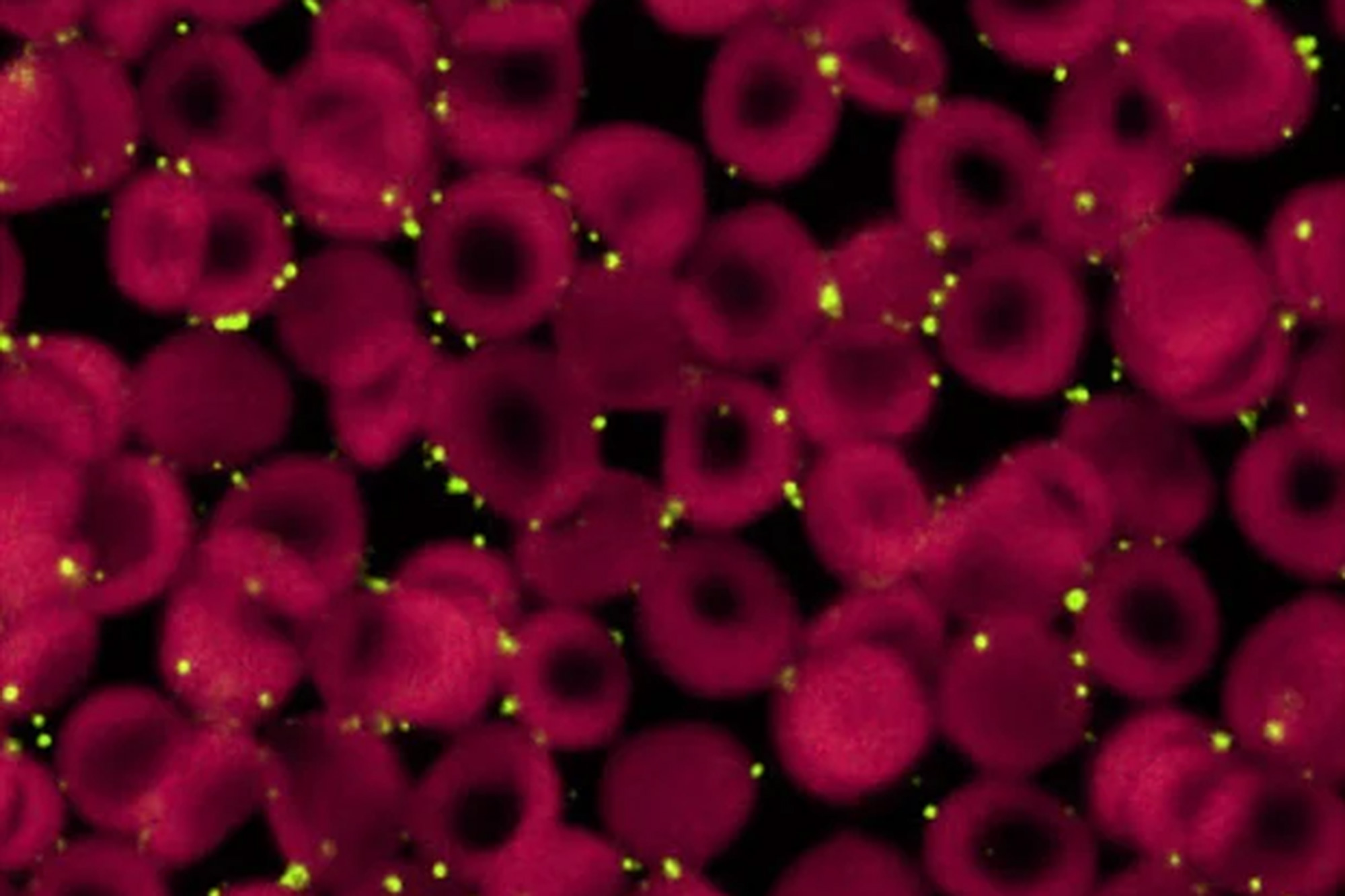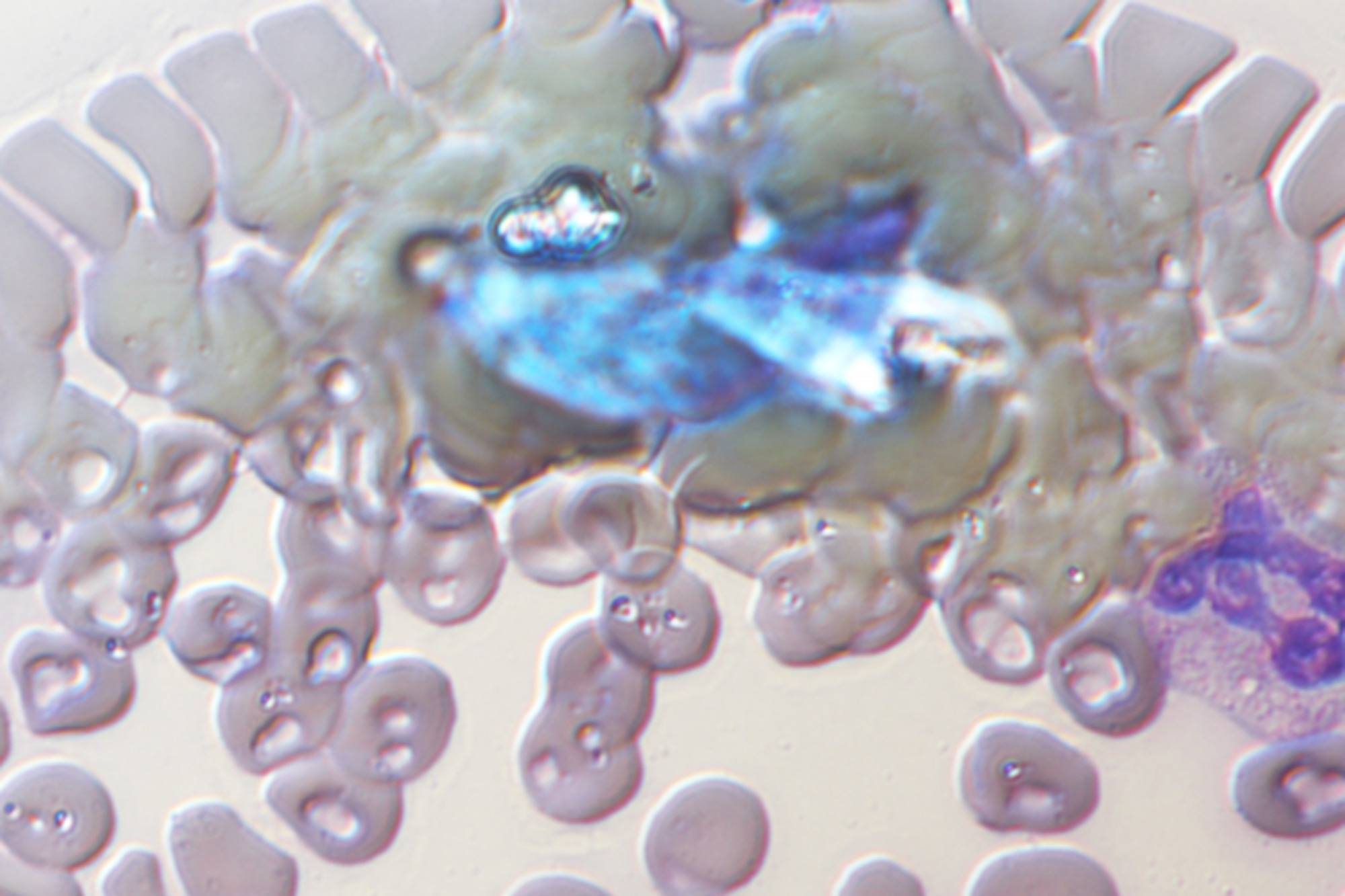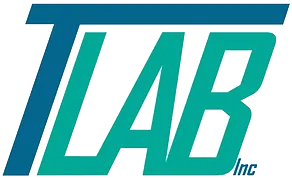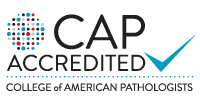About TLab
Our mission at TLab is to alleviate suffering by developing tests that aim to clarify and simplify the ambiguous topics in the areas of persistent inflammatory diseases.

about tlab
We're Breaking New Ground
T Lab Inc (TLab) is breaking new ground in revealing the mechanisms of inflammation. We are a CAP Accredited and CLIA-certified clinical laboratory, developing new levels of microscopic imaging to identify the presence of pathogens in blood, and exploring the causes and consequences of inflammatory disease. Many of these infections may be due to vector borne diseases such as Borrelia (Lyme), Bartonella and Babesia species. We have unique expertise and tests to do this reliably and efficiently, supported by a great team of experts.
Certifications & Accreditation
We are a CAP accredited and CLIA certified laboratory.
– College of American Pathologists (CAP) 8851753
– CLIA Certificate 21D2062544
– MD Lab Permit 130267
– California Lab License COS-90010599
Our Values
We Tackle Big Problems. We Look For Science-Based, Patient-Friendly Solutions.
Patient-Focus
We think of our future patients as if they were family.
Excellence
We strive for excellence in everything we do.
Integrity
We insist in our science and our business.
Our Testing
state-of-the-art diagnostic tests
TLab provides state-of-the-art diagnostic tests harnessing innovative technology. Our FISH tests employ custom-designed probes to detect genetic material of microbes, enabling visualization via confocal laser microscopy. Our brightfield microscopy examinations detect abnormalities in the blood, including biofilms, neutrophil extracellular traps (NETs), and red blood cell inclusions.

Molecular Imaging Tests
Use a method of RNA fluorescence in situ hybridization (FISH), as well as confocal laser microscopy in order to detect the ribosomal RNA or messenger RNA of the species being tested in blood. We currently offer RNA FISH testing of the following microbes in the blood:
- Bartonella
- Babesia
- Borrelia

BNR Imaging Test
Assesses for Biofilms, Neutrophil Extracellular Traps (NETs), and Red Blood Cell Inclusions. This High-Resolution Blood Film Imaging test uses techniques of differential staining and bright-field microscopy in order to report results for biofilm, neutrophil degranulation, and red blood cell inclusions. Results are intended as an aid in differential diagnosis.
how to submit a sample
Our Process

01
TLAB Test Kits
Clinician orders test kits to be delivered from TLAB and uses the kit to collect the patient sample.
02
Specimen Submission
Clinician fills out requisition and includes in the test kit that is mailed.

03
Specimen Processing
TLAB receives the test kit and processes it in its CLIA/CAP lab.

04
Results Reporting
Lab report generated & sent to ordering practitioner.
Our Team
Meet Our Scientists
Dr. Mozayeni received his M.D. at Albany Medical College, where he developed his research interest in the Transplantation Immunology Laboratory and at the NIH as a Howard Hughes Research Scholar. After graduating with honors, he pursued his clinical medical training at Yale and later, the NIH. At Yale, he completed an Internal Medicine Residency, a Fellowship in Rheumatology, and a Post-doctoral Fellowship in Molecular Biophysics & Biochemistry, with a focus on the molecular basis of autoimmune diseases. He returned to NIH as a Senior Staff Fellow in the National Heart Lung and Blood Institute where he helped develop molecular methods for evaluating autoimmune diseases. Simultaneously, he held a clinical appointment as Rheumatology Fellow in the National Institute of Arthritis and Musculoskeletal Diseases and the NIH Clinical Center.
He is the founder of TLab Inc and has been the Medical Director for Galaxy Diagnostics (NC), another high complexity clinical laboratory specializing in testing for vector-borne infections.
In 2023, he joined his first research mentor, Brian Freed, PhD (University of Colorado and Clinimmune Labs), in support of a new company, Rheumagen, Inc, as their Chief Medical Officer, to develop gene therapies for an important autoimmune diseases, refractory Rheumatoid Arthritis.
Dr. Mozayeni has practiced translational medicine for more than 30 years, specializing in the clinical and laboratory evaluation and treatment of inflammatory diseases. He has special research and clinical expertise on aspects of inflammation and autoimmunity related to persistent infection and its relation to vascular physiology. He has published peer-reviewed papers on immunology, inflammation, and cerebrovascular blood flow hemodynamics. He has presented his work at numerous US and international conferences. He holds over eight US and international patents.
Dr. Mozayeni received his M.D. at Albany Medical College, where he developed his research interest in the Transplantation Immunology Laboratory and at the NIH as a Howard Hughes Research Scholar. After graduating with honors, he pursued his clinical medical training at Yale and later, the NIH. At Yale, he completed an Internal Medicine Residency, a Fellowship in Rheumatology, and a Post-doctoral Fellowship in Molecular Biophysics & Biochemistry, with a focus on the molecular basis of autoimmune diseases. He returned to NIH as a Senior Staff Fellow in the National Heart Lung and Blood Institute where he helped develop molecular methods for evaluating autoimmune diseases. Simultaneously, he held a clinical appointment as Rheumatology Fellow in the National Institute of Arthritis and Musculoskeletal Diseases and the NIH Clinical Center.
He is the founder of TLab Inc and has been the Medical Director for Galaxy Diagnostics (NC), another high complexity clinical laboratory specializing in testing for vector-borne infections.
In 2023, he joined his first research mentor, Brian Freed, PhD (University of Colorado and Clinimmune Labs), in support of a new company, Rheumagen, Inc, as their Chief Medical Officer, to develop gene therapies for an important autoimmune diseases, refractory Rheumatoid Arthritis.
Dr. Mozayeni has practiced translational medicine for more than 30 years, specializing in the clinical and laboratory evaluation and treatment of inflammatory diseases. He has special research and clinical expertise on aspects of inflammation and autoimmunity related to persistent infection and its relation to vascular physiology. He has published peer-reviewed papers on immunology, inflammation, and cerebrovascular blood flow hemodynamics. He has presented his work at numerous US and international conferences. He holds over eight US and international patents.
Dr. Ericson is currently Director of Research at Tlab Inc, Adjunct Professor in the Department of Dermatology at the University of Minnesota Medical School and a Fellow at Think, Learn, Innovate. Her research has focused on vector-borne diseases, cancer, peripheral pain and itch and hair disease using advanced imaging techniques including single- and multi-photon microscopy, second harmonic generation, super-resolution microscopy, scanning and transmission electron microscopy and correlative light electron microscopy (CLEM). At Tlab she is dedicated to developing new techniques and protocols to better detect vector-borne diseases in all human tissues, incorporating molecular biology and neurological analysis of the peripheral nervous system.
Dr. Bemis is a Professor of Biomedical Sciences at the University of Minnesota, and co-Director of the Native American Mentoring Program on the Duluth Campus. Her research has focused on the complex role of extracellular RNA (exRNA) in health and disease, with specific focus on melanoma and ovarian cancer. In addition to her work in cancer biology, she is also interested in the role of small RNAs in infectious disease including binding of a small RNA to SAR-CoV-2 . We are currently studying small RNAs expressed in patients with Lyme disease.
Dr. Sonder obtained his PhD in health science from the University of Copenhagen in 2006. He went on to postdoctoral Fellowships in immunology at National Institutes of Health (NIAID) and Johns Hopkins. In 2014 he joined Amerimmune where he was responsible for the development and validation of several clinical flow cytometry-based laboratory tests used to diagnose and monitor patients with immune- and allergy- related diseases. He joined TLab in November 2023 as a Supervisor.
Dr. Guillermo Alberto Maglione, an Argentine biologist with a PhD in basic medical sciences from the University of Buenos Aires (UBA), specializes in exploring the inflammatory effects prompted by biotic and abiotic environmental factors and their connection to the development of chronic inflammatory diseases. With a solid foundation in basic medicine and a fervent dedication to biomedical research, Dr. Maglione joined TLab in 2024.

